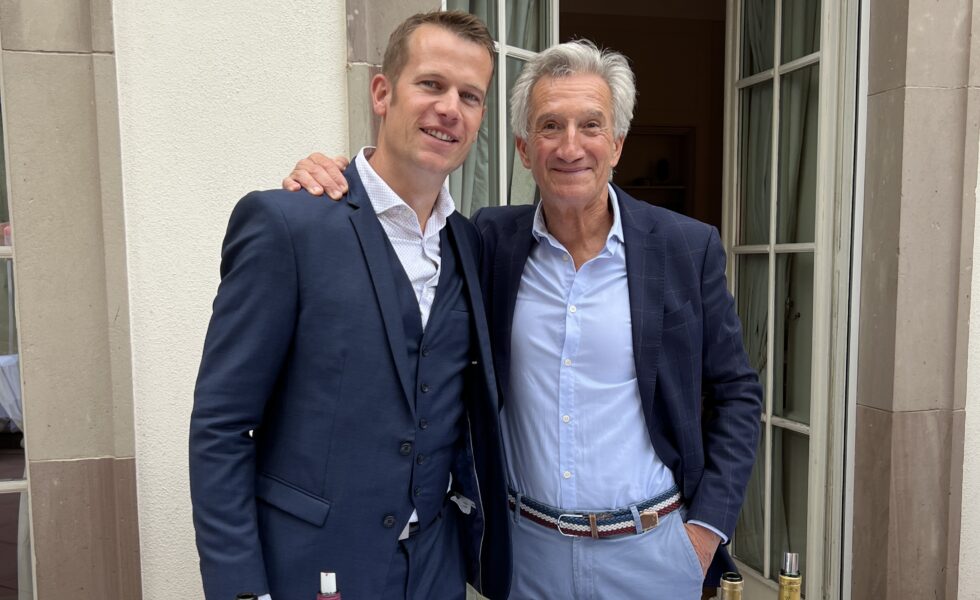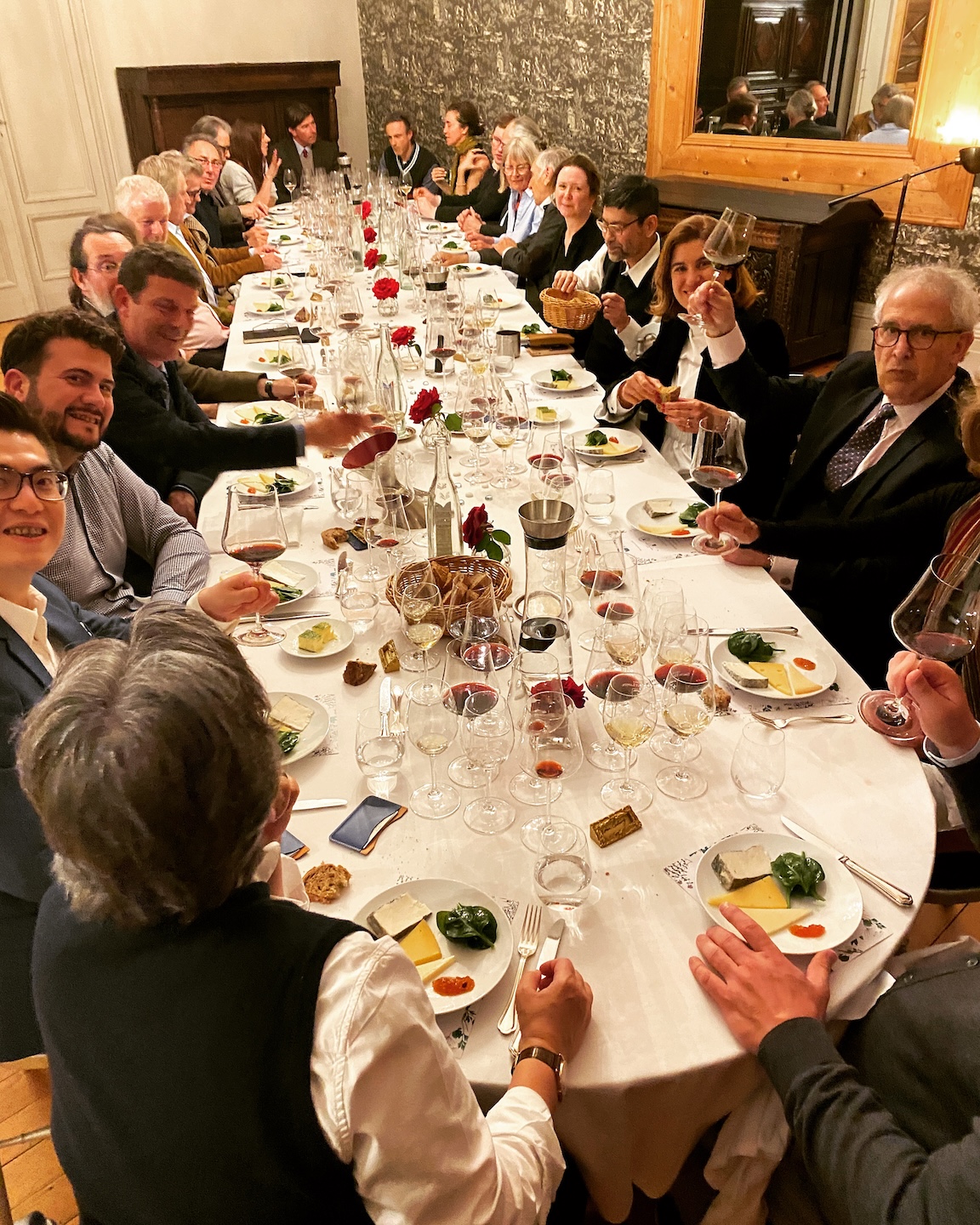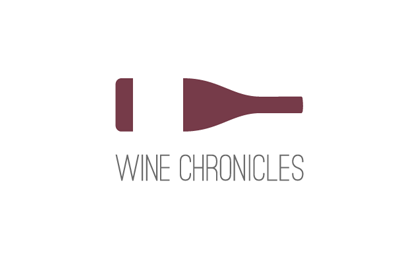Wine is to alcohol what Beethoven is to noise

Why wine is not the same as cigarettes, vodka or Coca-Cola: An appeal from the International Wine Academy (AIV)
24 September, 2025
This week at the 4ᵗʰ United Nations High-Level Meeting on the prevention and control of noncommunicable diseases and the promotion of mental health and well-being, the wine world faces a challenge: How to prevent and control noncommunicable diseases without making culture collateral damage on the altar of public health?”
When most people think of the UN General Assembly, Ukraine, Gaza and other pressing geopolitical issues come to mind. But wine, via the UN’s World Health Organization (WHO), is a major part of the UN brief.
One can argue that the wine industry has not done enough to stress the potential ill effects of alcohol in wine, but it is absurd to reduce wine to just alcohol. And yet that is what the World Health Organization’s “Zero Draft Political Declaration” does. Still under review, it proposes further taxing wine as tobacco, spirits, or sugary drinks. Wine is neither Coca-Cola—nor cigarettes. Especially putting wine at the level of evidently harmful tobacco consumption is disingenuous.
While tobacco has zero redeeming qualities, wine – in moderation – does. Take for example a 2022 NIH study – among many others. While the alcohol abuse, including wine, is seriously harmful to health, the study points to epidemiological and clinical evidence on the protective role of moderate quantities of wine on health. In differentiating wine from more harmful hard alcohols, like vodka, the study notes that a moderate intake of wine was associated with a significant reduction in cardiovascular events including cardiovascular death.
And yet the WHO draft calls for reducing the “harmful use of alcohol” by:
1. Banning or comprehensively restricting exposure to wine advertising
2. Restricting the physical availability of retailed wine
3. Enacting and enforcing drink-driving laws
The last point makes sense. But lumping wine with all liquor under the first two is misguided.
Provisions from the WHO Global Alcohol Action Plan 2022-2030 (GAAP) seek a 20% reduction in per-capita alcohol consumption by 2030 (from a 2010 baseline). The plan aims for 70% of countries to have introduced, enacted, or maintained key “high-impact policy measures” by 2030, which target pricing, availability, and marketing of alcohol.
How denormalizing wine could “destroy a heritage”
The World Health Organization (WHO) and UN agencies moreover talk of “denormalizing” alcohol, which means changing public attitudes so that drinking wine is no longer seen as normal, socially acceptable behavior, and reducing cultural acceptance of alcohol in public life (advertising, sponsorships, social events, etc.). Denormalizing also discourages associations between wine and positive values like celebration, success, or relaxation while framing wine like tobacco: something inherently harmful that should not be promoted, normalized, or glamorized in society.
In its Appeal to the UN (also in French), the Academy of Wine (AIV) points out that wine is more than a drink: it is history, heritage, culture – and economy. Indeed, with tariffs already straining exports, equating wine with spirits risks economic loss.
From the Appeal:
TO DENORMALISE WINE WOULD DESTROY A HERITAGE – A LEGACY OF HUMANITY
Wine embodies eight millennia of human history: it is a catalyst for conviviality, joy and sharing; a connection to the land and its landscapes; a universal language linking people – from Georgia to Ancient Greece, from Oregon to Tuscany, from France to New Zealand. Unique yet global, it expresses mankind’s patience before time, humility before the earth, and the desire to celebrate together. Offering a glass of wine is a gesture that expresses peace, friendship, brotherhood, and the joy of being together.

On the joy of being together, with wine
Enjoying wine moderately is to defend the culture of taste and restraint, and perpetuate a bond that unites continents, people and generations. It is about appreciating rather than abusing, tasting rather than drinking. It is about approaching health through social and family ties, mental well-being and the joy of life – for the link between happiness and health is undeniable.
Wine also concerns diplomacy. This past July in Strasbourg, French Ambassador Pap Ndiaye hosted Council of Europe a Bastille Day party with fine Bordeaux from Pessac-Léognan. The title image for this article comes from the fête, showing Pessac-Léognan winemakers Ghislain Boutemy, at left, and Jacques Lurton, who is President of the Pessac-Léognan Wine Council. As ambassadors and other staff from the 46 member states of the Council of Europe were exchanging ideas about pressing issues in private conversation, they enjoyed fine red and white wine brought from Pessac-Léognan to Strasbourg. Guests discovered some history from the Graves region, where the appellation Pessac-Léognan exists, including Samuel Pepys’ 1660s praise for Ho-Bryan—the future Château Haut-Brion. One of countless examples proving that wine is far more than “alcohol.”
As I wrote in Politics, Wine and Diplomacy for Jane Anson, many political decisions happen not in press-covered official gatherings but over private dinners infused with wine. Why wine, and not heavier alcohol? Because wine encourages both conversation and reflection. As Churchill said of Champagne: “the wine of civilization and the oil of government.” Hemingway added: “Wine is one of the most civilized things in the world… offering a greater range for enjoyment and appreciation than, possibly, any other purely sensory thing.”
So when UN member state delegates consider this WHO/UN draft over dinner with fine wine, they should take all of the above into account before approving it. Wine is heritage. Wine is culture. Wine is diplomacy. To reduce it to a health risk alone would be to deface a cornerstone of civilization.
 Wine Chronicles
Wine Chronicles
Share This